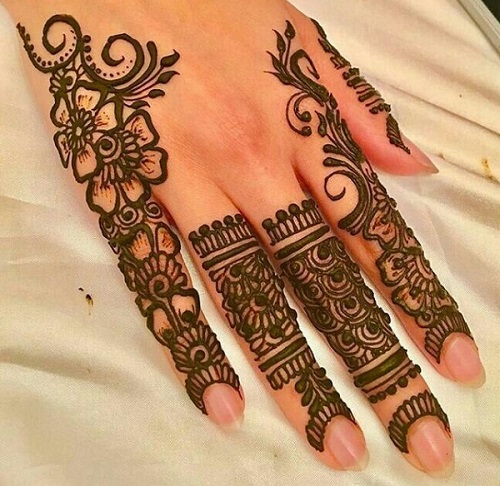FWP:
SETS == BASKIH
INDEPENDENCE: {9,1}
For background see S. R. Faruqi's choices. This verse is NOT one of his choices; I thought it was interesting and have added it myself. For more on Ghalib's unpublished verses, see the discussion in {4,8x}.
This verse belongs, most explicitly, to the group of what I call 'independence' verses-- ones that insist on the desirability of using only one's own (perhaps inferior) resources, rather than incurring the humiliation of being 'indebted' to someone else's generosity. For discussion and examples, see {9,1}.
On the metaphorical nature of 'knots', see {8,2}. In the present verse, the 'knot' could be the lover's heart (another small round convoluted object) itself, or it could be the lover's general condition of 'disorder, disarray' [pareshaanii] and suffering.
Since ma;hv can mean anything from 'obliterated, annihilated' through 'engrossed, absorbed' to the metaphorical 'charmed, captivated' (see the definition above), the second line can have various readings. Perhaps the opening of the knot is obliterated, possibly along with the knot itself, by the beloved's fingernails (because they act only to deepen the knot's tangles, or because their sheer deadly beauty ravages the lover's heart). Or perhaps a semi-personified 'Opening' of the knot is unable to operate because it is 'engrossed, absorbed' in the beauty of the beloved's fingernails.
Does the lover really expect the beloved's fingernails to 'open' his knot? Of course he does-- since her deadly beauty will bring about his death, and the knot, open or not, will then be gone.,

Asi:
To my temperament, except for beauty there's no obligation to anyone, and there's no longing for anything except the beloved. For this reason, the opening of my difficult knot has become absorbed in her colorful fingernails, and has remained so. And it does not even thinking of resolving the problem.
== Asi, p. 266